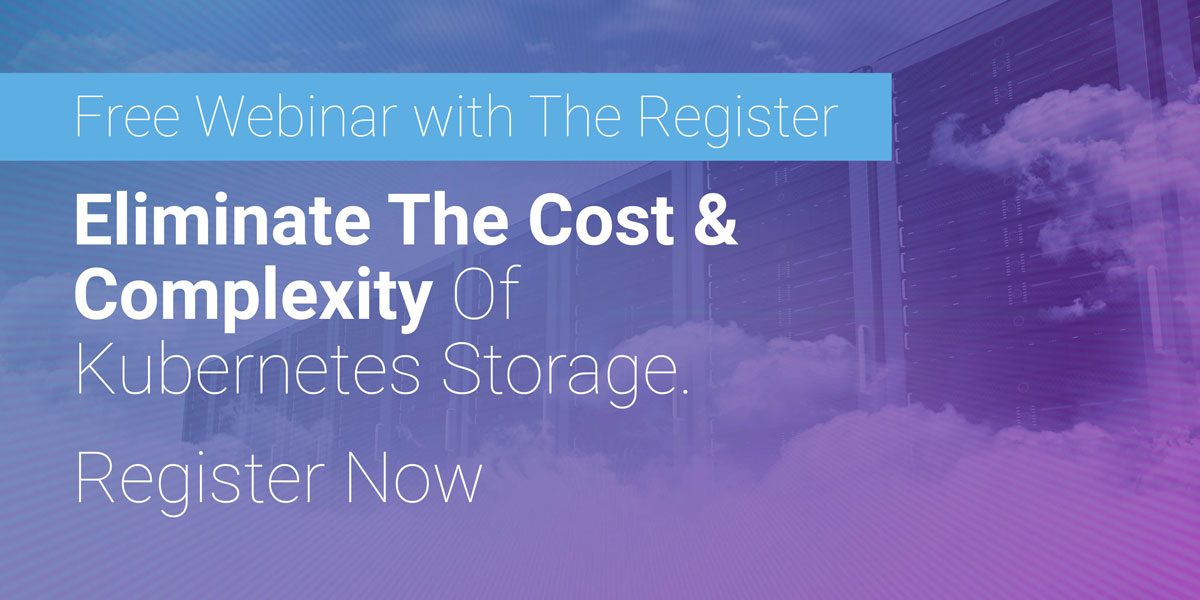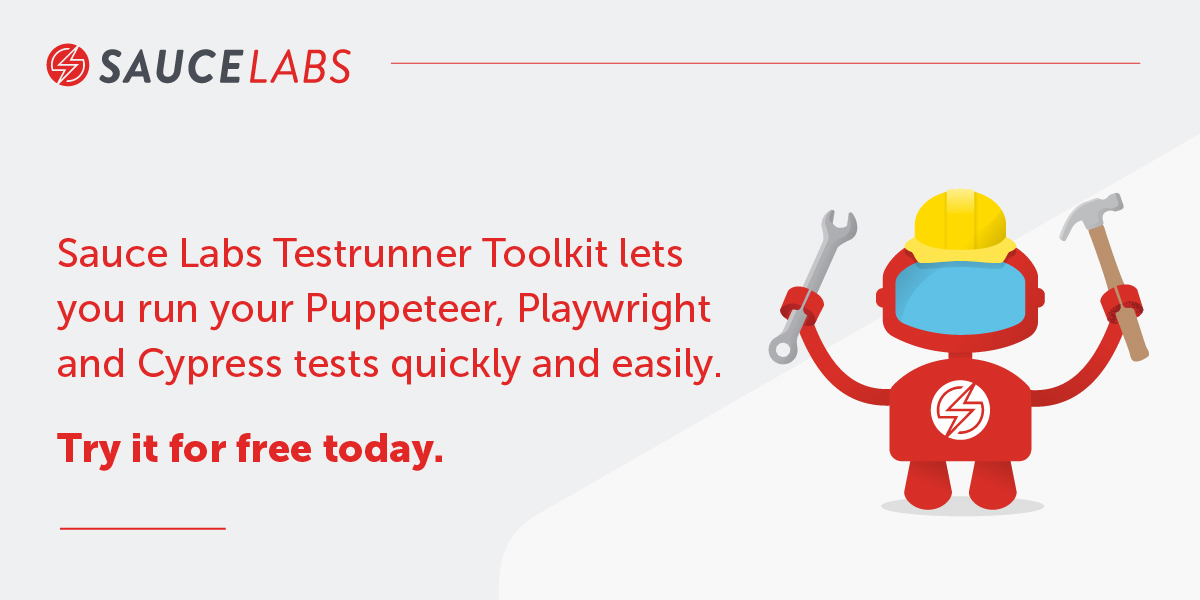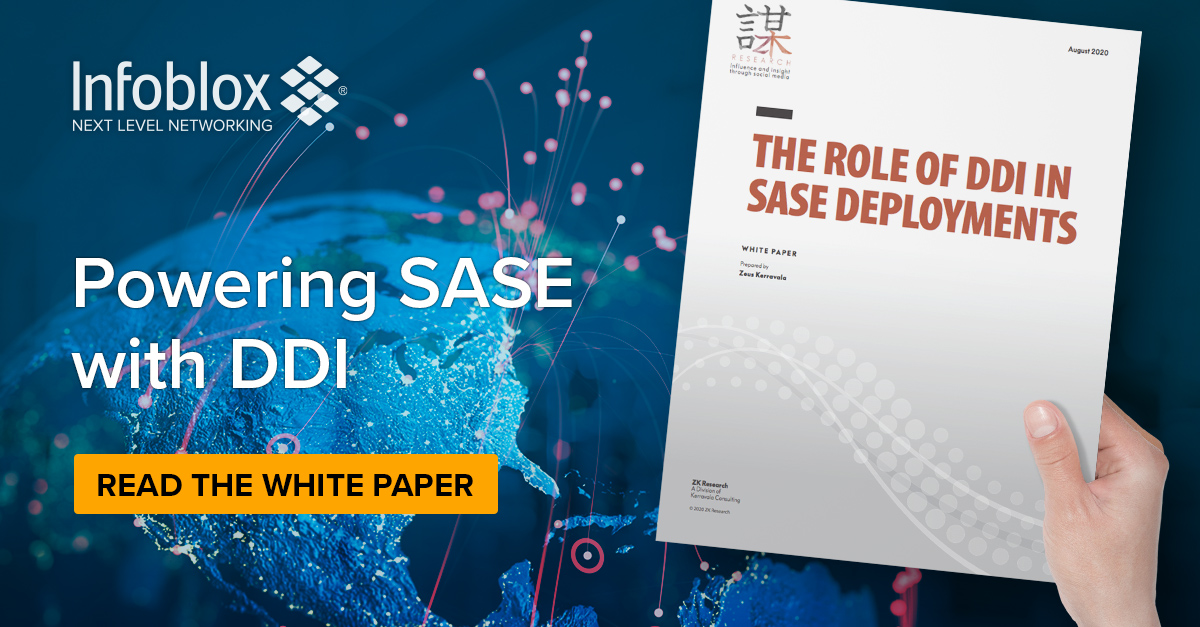VMblog: With COVID-19, we've seen a lot of changes in the tech world. One big change has been the disruption of physical trade shows. Many, like KubeCon, have become digital in 2020. What are your thoughts on digital events compared to traditional physical events?
Gremlin: While it's hard to replace the excitement and connections made on a buzzing trade show floor, we've been excited for the opportunity to participate in digital events this year, and have even produced two of our own with Failover Conf and Chaos Conf. Although we miss the ability to get to know attendees face-to-face, the pivot to virtual events has given us the ability to reach a wider audience by removing the barrier of a physical location. In fact, many industry events are seeing as much as two or three times their usual audience at online events vs. in-person events. At Chaos Conf, we had more than five times the number of registrants in 2020 compared to 2019 and were able to connect with engineers from every corner of the world all from the comfort of our own homes.
VMblog: What do you attribute to the success and growth of this industry and the KubeCon event itself?
Gremlin: The fact of the matter is Kubernetes continues to grow in popularity. Over half of all Gremlin customers are running Kubernetes environments.
VMblog: How does your company or product fit within the container, cloud, Kubernetes ecosystem?
Gremlin: Chaos engineering is an essential part of ensuring that cloud, container and Kubernetes applications are resilient to failure. If you are migrating to or building a new cloud or microservices applications, the reliability mechanisms you put in place will not work the first time. You need to test your application against common failure modes to ensure that if a pod or node fails, a replacement will spin up without impacting dependent services, and if a spike in traffic happens, ensure that only necessary resources scale up to match demand, preventing lost revenue and saving money.
VMblog: At what stage do you feel we are at with regard to containers? Is there anything still holding it back? Or keeping it from a wider distribution?
Gremlin: Containers are a great way to build modern applications and Kubernetes is the clear leader in the orchestration space. From our perspective, it's just hard to adopt and migrate to new technologies, no matter how cool or useful they are. Our advice is to be more proactive, and actually run experiments as your organization rolls out a new technology, to make sure you better understand your systems.
VMblog: Can you give us the high-level rundown of your company's technology offerings? Explain to readers who you are, what you do, what problems you solve, etc.
Gremlin: We're a platform for safely and securely running Chaos Engineering experiments. For example, with Gremlin you can artificially spike CPU to see if your Kubernetes cluster autoscales to handle increased traffic. Or you can shutdown a node within a cluster and check if one spins back up in its place. As engineers, we like to think we know how our systems will behave, especially under stress -- but the truth is that with modern environments that are highly distributed, containerized, and ephemeral it's impossible to know without actually running the experiments.
VMblog: Normally at the KubeCon event, sponsors are showcasing new products or new product updates and features for the first time. Do you have anything new that you've either recently announced or plan to discuss in more detail at the event?
Gremlin: We'll be announcing three related features important to testing Kubernetes workloads to prevent noisy neighbors and safely increase resource utilization. 1) The ability to isolate attacks to a single container, helping test for noisy neighbors and horizontal pod autoscaling 2) Namespace access control to only allow specific Teams access to test Kubernetes objects, and 3) CRIO and containerD support, opening up Chaos Engineering to more workloads on popular platforms like OpenShift and Amazon EKS.
VMblog: Are you giving away any prizes at your virtual booth or participating in any prize giveaways?
Gremlin: We are excited to be part of Partners for Good, an effort to use our platforms to support charitable organizations. We're working alongside Sysdig, Cockroach Labs, Instana, LogDNA, NS1, and MayaData to increase our contributions. We've chosen to support two organizations: 1) Code2040, a nonprofit that is "activating, connecting, and mobilizing the largest racial equity community in tech to dismantle the structural barriers that prevent the full participation and leadership of Black and Latinx technologists" and 2) Cancer Research Institute in honor of Dan Kohn, creator and founder of the Linux Foundation Public Health initiative and a beloved member of our community. For every attendee that clicks on any of our pages, we'll each donate $1 to each organization. Visit all 6 partners and you could be responsible for contributing $12 to great causes!
VMblog: Finally, without a crystal ball, what do you think trade shows look like in 2021? Do we go back to thousands of people in person at an event? Or do things stay virtual for the near term? Is your company prepared to sponsor a physical event next year should they return?
Gremlin: As we've all experienced over the last several months -- whether it be with colleagues, industry experts, or even our own friends and family -- the connections that can be made in-person are not easily replicable in an online world. Virtually, we can exchange ideas, brainstorm solutions, and even learn to cook together, but the inability to exchange a look, shake hands, high five, or even hug leaves something to be desired. So while virtual events are a safe, effective, and necessary substitute, we think people will always have a desire to gather together.
Gremlin has a commitment to the safety of our employees and community, so we'll look forward to seeing you online until it is safe for us to shake your hand, high five, and maybe even hug :)











